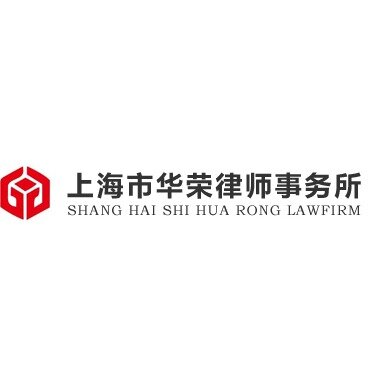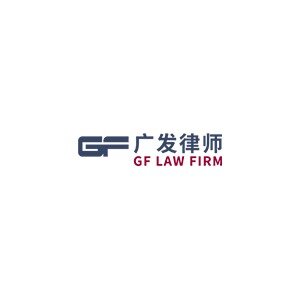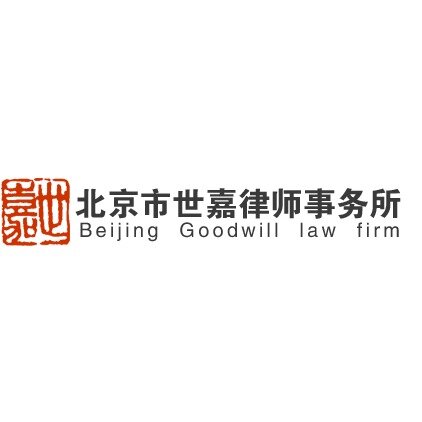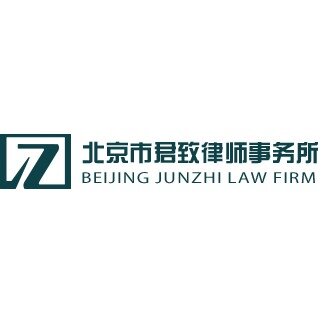Best ESG Advisory & Compliance Lawyers in China
Share your needs with us, get contacted by law firms.
Free. Takes 2 min.
Or refine your search by selecting a city:
List of the best lawyers in China
About ESG Advisory & Compliance Law in China
Environmental, Social, and Governance (ESG) Advisory & Compliance refers to the legal and regulatory framework governing how businesses manage and report their impact on the environment, society, and internal governance structures. In China, ESG regulations are evolving rapidly as authorities tighten scrutiny on environmental protection, corporate social responsibility, and ethical governance. Chinese companies, especially those listed on stock exchanges or seeking global investment, must now align their business practices with both national and international ESG standards. Effective ESG advisory and compliance involve identifying applicable obligations, establishing robust reporting mechanisms, and making sure that all operations are transparent, sustainable, and ethical.
Why You May Need a Lawyer
Businesses and individuals may encounter various complex situations where legal expertise is critical in ESG advisory and compliance. Some common reasons include:
- Understanding new and changing ESG regulations introduced by Chinese authorities.
- Navigating cross-border ESG requirements for international business activities or public listings.
- Conducting due diligence in mergers, acquisitions, or joint ventures to make sure of ESG compliance.
- Addressing governmental investigations or regulatory enforcement actions related to ESG matters.
- Drafting or reviewing ESG policies, codes of conduct, and public disclosures.
- Defending or resolving complaints related to environmental, labor, or governance concerns.
- Advising on voluntary ESG certification and improving ESG ratings to attract investors.
Local Laws Overview
China has taken significant steps to incorporate ESG considerations into its legal and regulatory landscape. Key aspects include:
- Mandatory ESG Disclosure: The China Securities Regulatory Commission (CSRC) requires certain listed companies to disclose ESG-related information in their annual reports. This trend is likely to expand to a wider group of companies in the coming years.
- Environmental Laws: China enforces strict regulations through the Environmental Protection Law, the Air Pollution Prevention and Control Law, and similar statutes. Noncompliance can lead to severe penalties.
- Labor and Social Compliance: Laws like the Labor Law and the Social Insurance Law set out requirements for fair treatment of workers, including health and safety standards.
- Anti-Corruption and Corporate Governance: The Anti-Unfair Competition Law, Anti-Monopoly Law, and stricter corporate governance rules require transparent company management and accountability.
- Green Finance Initiatives: Regulatory frameworks encourage sustainable investments, including green bonds and environmental credit ratings.
Staying up to date and compliant with these evolving laws is crucial for both domestic and foreign businesses operating in China.
Frequently Asked Questions
What does ESG mean in the context of Chinese law?
ESG refers to environmental, social, and governance criteria by which companies are assessed on how responsibly they operate in China, including their impact on the environment, their dealings with employees and communities, and standards of corporate governance.
Is ESG reporting mandatory in China?
Currently, certain listed companies on Chinese stock exchanges are required to disclose ESG-related information, and government authorities are steadily expanding disclosure requirements to more businesses over time.
What are the penalties for noncompliance with ESG regulations?
Penalties for noncompliance can include administrative fines, suspension of business, withdrawal of operating permits, and reputational harm, depending on the specific violation.
Are foreign companies operating in China subject to local ESG laws?
Yes, foreign businesses must comply with local ESG regulations while operating in China, including environmental standards, labor laws, and governance requirements.
How do Chinese ESG requirements compare to international standards?
While there are unique local aspects, China's ESG requirements are aligning increasingly with international frameworks, especially for listed companies and those seeking international investment.
What is green finance and how does it relate to ESG in China?
Green finance refers to funding for projects that have positive environmental impacts, such as renewable energy. China has established frameworks for green bonds and is encouraging ESG-compliant investment practices.
What kind of ESG information must companies disclose?
Disclosures typically include data on environmental emissions, climate risk, waste management, labor practices, workplace safety, board structure, anti-corruption, and more, depending on the industry and regulatory requirements.
Can a company face legal action for failing to meet ESG standards in China?
Yes, both government agencies and civil society can pursue legal or administrative actions against companies that violate ESG-related laws or misrepresent their ESG practices.
How can a company improve its ESG rating in China?
Implementing best practices across environmental responsibility, social welfare, and strong governance, coupled with transparent and accurate reporting, can help improve a company’s ESG rating.
What is the role of a lawyer in ESG compliance?
A lawyer provides crucial guidance by helping a company understand regulatory obligations, draft policies, conduct risk assessments, and respond to investigations or disputes relating to ESG matters.
Additional Resources
To stay informed or seek support, consider the following resources:
- China Securities Regulatory Commission (CSRC): Oversees capital markets and mandatory ESG disclosures.
- Ministry of Ecology and Environment (MEE): Regulates environmental protection and standards.
- Shanghai and Shenzhen Stock Exchanges: Offer guidelines and requirements for listed companies regarding ESG.
- China Association for Public Companies (CAPCO): Supports listed companies on ESG practices.
- Non-governmental organizations: Examples include the China Environmental United Certification Center and various trade chambers with ESG divisions.
- Legal Aid Centers: Many cities have government-sponsored legal aid offices that provide guidance for small businesses and individuals.
Next Steps
If you require legal assistance or advice regarding ESG advisory and compliance in China, consider the following steps:
- Clearly identify your areas of concern, such as compliance risks, reporting requirements, or remediation plans.
- Gather relevant documents, contracts, policies, and records related to your ESG activities and past compliance history.
- Consult a qualified law firm or attorney with demonstrated expertise in Chinese ESG regulations and cross-border experience if applicable.
- Schedule a consultation to discuss your situation and seek tailored guidance.
- Stay proactive by monitoring regulatory updates and incorporating ESG compliance into your company’s strategic planning.
Early engagement with legal professionals can help prevent costly missteps and position your business for sustainable growth and regulatory success in China.
Lawzana helps you find the best lawyers and law firms in China through a curated and pre-screened list of qualified legal professionals. Our platform offers rankings and detailed profiles of attorneys and law firms, allowing you to compare based on practice areas, including ESG Advisory & Compliance, experience, and client feedback.
Each profile includes a description of the firm's areas of practice, client reviews, team members and partners, year of establishment, spoken languages, office locations, contact information, social media presence, and any published articles or resources. Most firms on our platform speak English and are experienced in both local and international legal matters.
Get a quote from top-rated law firms in China — quickly, securely, and without unnecessary hassle.
Disclaimer:
The information provided on this page is for general informational purposes only and does not constitute legal advice. While we strive to ensure the accuracy and relevance of the content, legal information may change over time, and interpretations of the law can vary. You should always consult with a qualified legal professional for advice specific to your situation.
We disclaim all liability for actions taken or not taken based on the content of this page. If you believe any information is incorrect or outdated, please contact us, and we will review and update it where appropriate.
Browse esg advisory & compliance law firms by city in China
Refine your search by selecting a city.

















